Back to Courses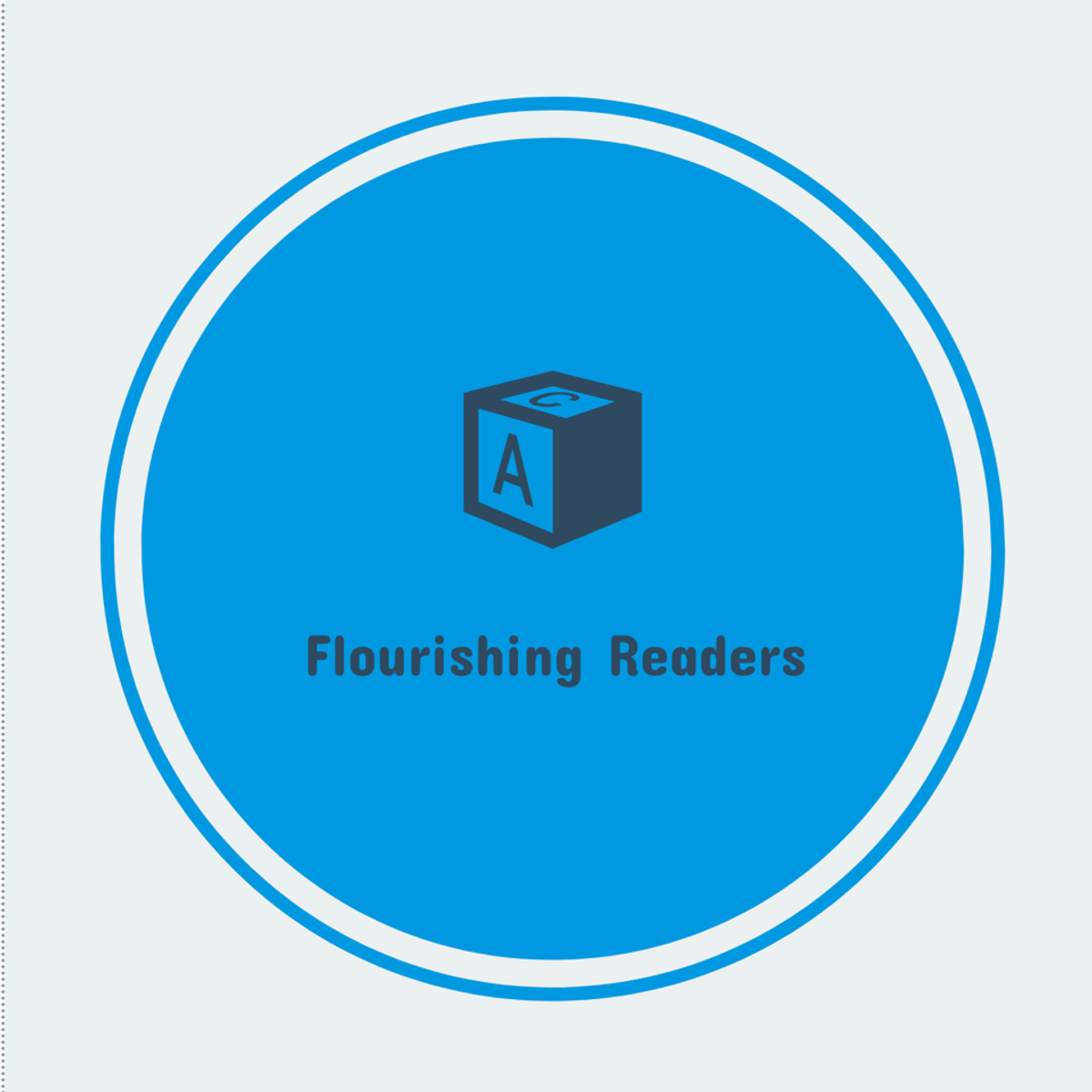
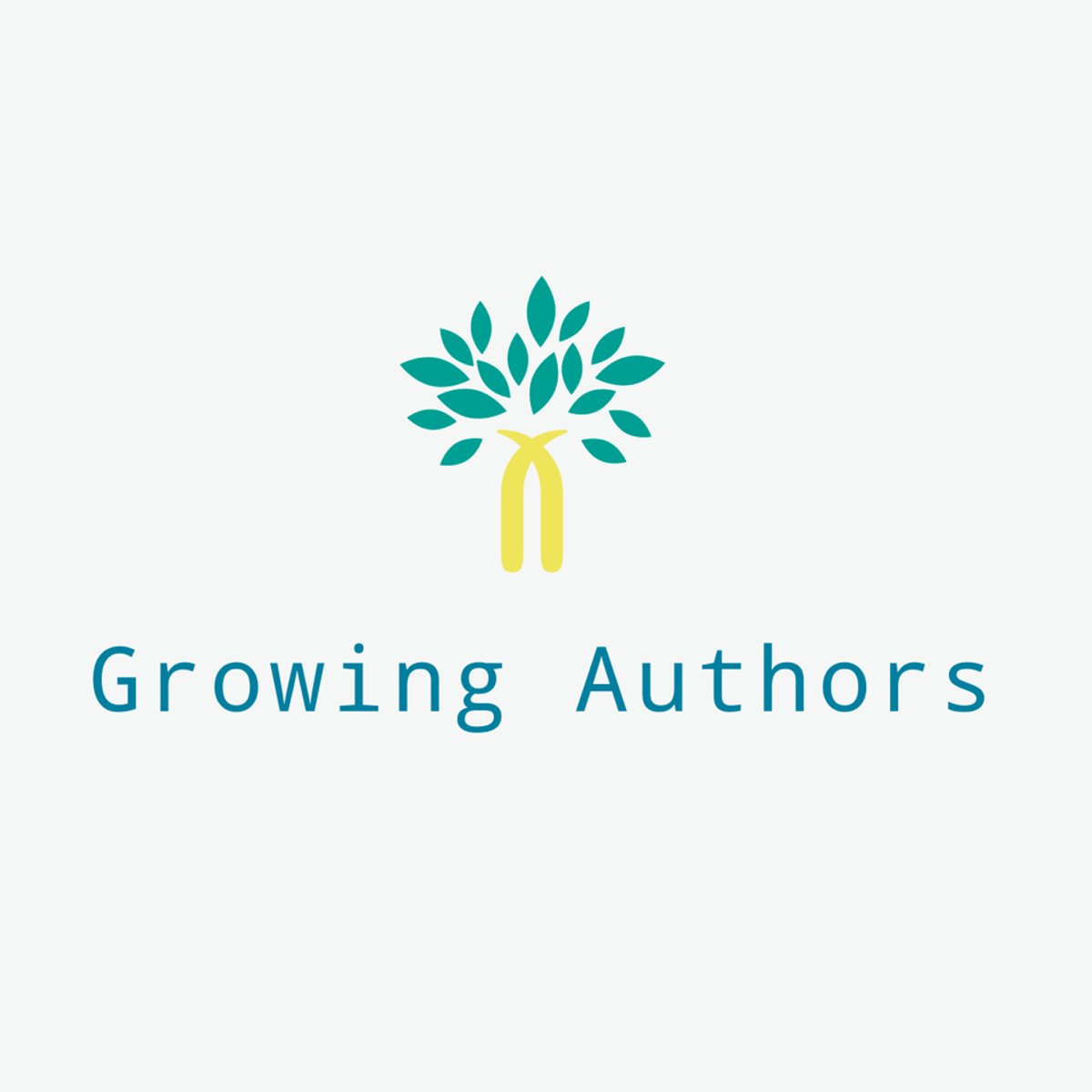



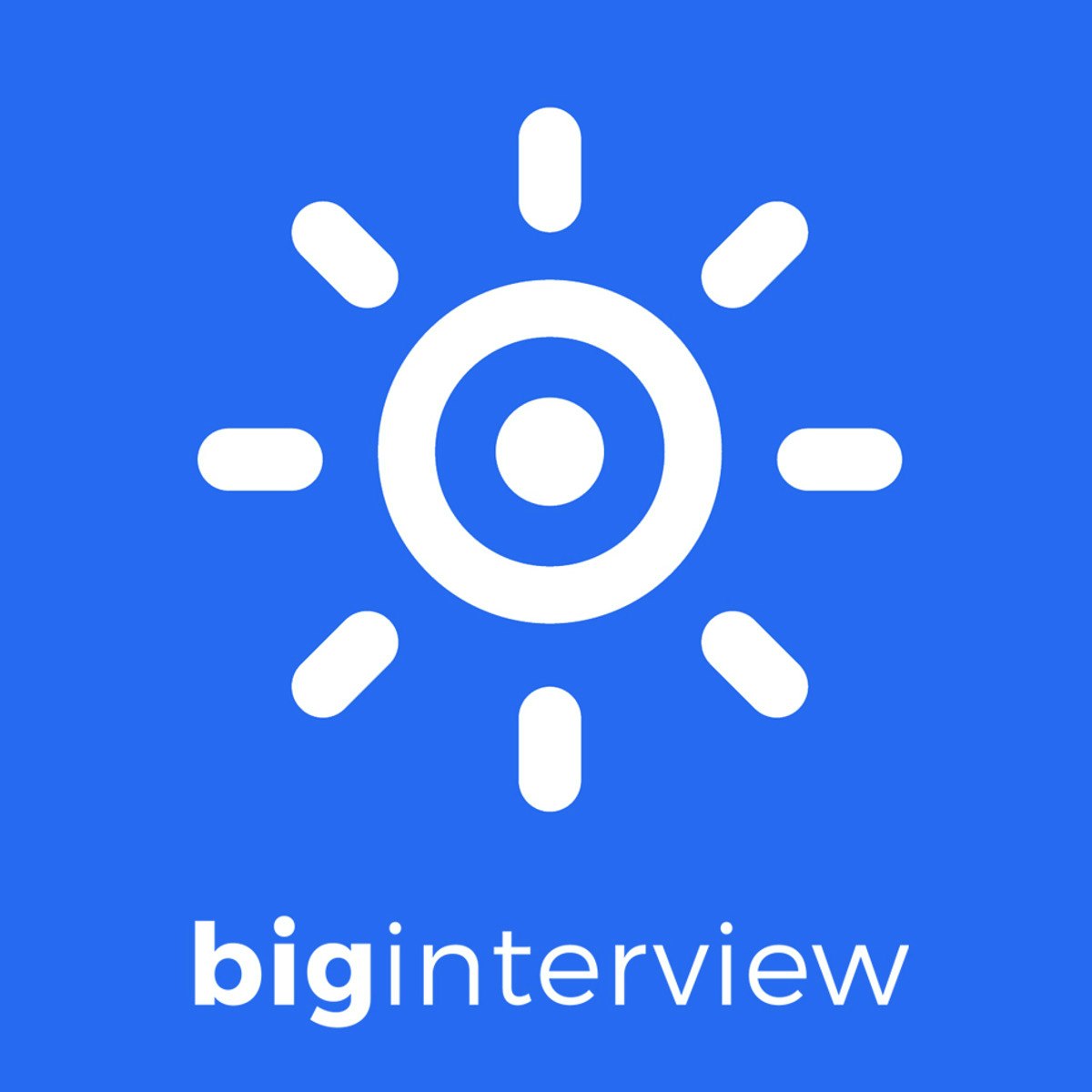
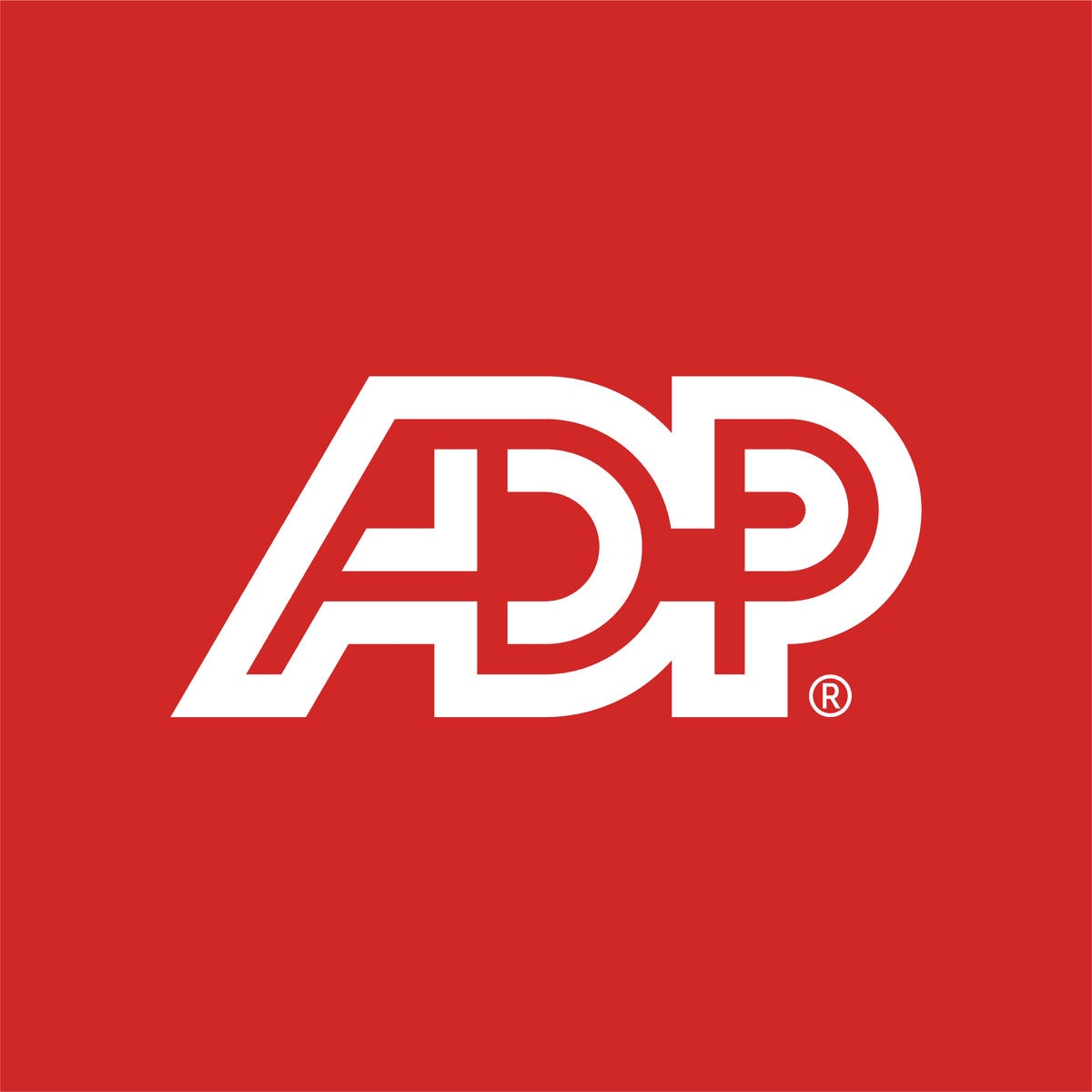
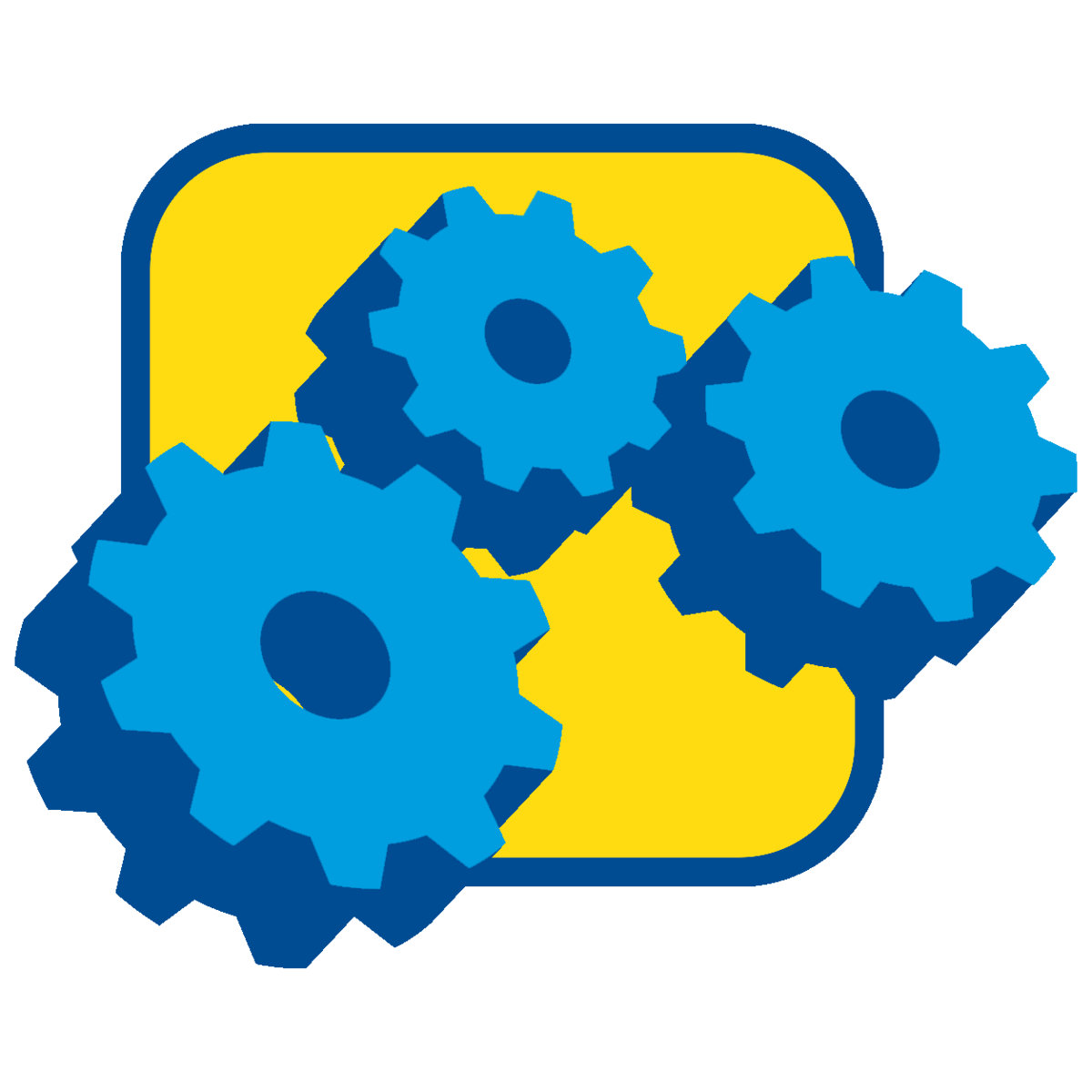


Personal Development Courses - Page 21
Showing results 201-210 of 514

Setting Up a Digital Library with EPIC
By the end of this project, you will have created a digital library for students that will connect them to over 40,000 digital books while giving teachers the ability to assign books to students and view student progress. EPIC is an invaluable tool for the tech-connected classroom. Whether used in the classroom, for virtual learning, or at home, EPIC allows all children to have access to quality books, audiobooks, and videos to encourage their love of reading. If you are looking for ways to motivate young readers or ensure that access to books is never a problem for growing readers, join me as we learn how to use EPIC to help all students succeed.
*You will need a free EPIC account for this project.

Growing Great Writers with Writable
By the end of this project, you will be an expert at using Writable to run a more effective writing program. With its library of assessments, writing prompts, and countless opportunities for practice and feedback, Writable is sure to help your students flourish as proficient writers. Throughout the project, we will work together to ensure that you can confidently use Writable with your students right away.
*You will need a free Google or Microsoft account for this project.

Creative Thinking: Techniques and Tools for Success
In today’s ever-growing and changing world, being able to think creatively and innovatively are essential skills. It can sometimes be challenging to step back and reflect in an environment which is fast paced or when you are required to assimilate large amounts of information. Making sense of or communicating new ideas in an innovative and engaging way, approaching problems from fresh angles, and producing novel solutions are all traits which are highly sought after by employers.
This course will equip you with a ‘tool-box’, introducing you to a selection of behaviours and techniques that will augment your innate creativity. Some of the tools are suited to use on your own and others work well for a group, enabling you to leverage the power of several minds. You can pick and choose which of these tools or techniques suit your needs and interests, focusing on some or all of the selected approaches and in the order that fits best for you.
The practical approach of this course enables you to acquire an essential skill-set for generating ideas, with plenty of:
- Fun e-tivities and exercises;
- Practical lectures and tips;
- Video representations of the techniques in action.
By the end of this course you should be able to:
- Pick a type of brainstorming you think will be useful to apply to a challenge
- Use alphabet brainstorming in tackling a challenge
- Use grid brainstorming in tackling a challenge
- Use a morphological chart to synthesise a solution to a challenge
- Use the TRIZ contradiction matrix to identify recommended inventive principles
- Apply SCAMPER to a range of challenges
The greatest innovators aren’t necessarily the people who have the most original idea. Often, they are people- or teams- that have harnessed their creativity to develop a new perspective or more effective way of communicating an idea. You can train your imagination to seize opportunities, break away from routine and habit, and tap into your natural creativity.
Join this course and a community of practitioners in CREATIVITY!

Student Self-Assessment with Microsoft Word
By the end of this project, you will have created a self-report card and a behaviour reflection form for student self-reflection. You will also be equipped with suggestions for how to use these documents with students. Encouraging our students to reflect on their learning is one of many goals we have as teachers. One valuable way to do this is by allowing our students to share their perspective on the school year. What areas are going well for them? What areas do they see where they could grow? When students identify their own areas for growth, they will be more motivated to set goals to improve in these areas and work to achieve those goals. Throughout each task, we will work together to create documents that you can use with students for self-reflection and can also be used with parents to show their child’s perspective on their school year.

Writing Skills for University Success
Writing is a vital skill in university classes, whether you’re majoring in history or business management, economics or engineering. In this course, you’ll learn how to write effectively in different academic formats, especially essays and longer research papers. You’ll learn how to choose a topic for a paper, how to find reliable resources for writing it, and how to organize your ideas in a way that communicates clearly and fits the expectations of your professors. You’ll learn about the importance of correctly citing sources in your writing and university norms regarding academic honesty. Communicating clearly in writing is an important key to success both in university work and in your future career. As with any other skill, the more you practice, the more easily and skillfully you’ll be able to do it.

The Art of the Job Interview
Learn how to prepare for a job interview the right way! This unique collaboration between Big Interview and Coursera will teach proven techniques to help you turn your interviews into job offers. You'll learn what interview questions to expect and how to answer them. You'll also get access to interactive tools to guide you in outlining answers to key questions and practicing until you feel confident. The course also provides guidance on how to optimize your resume using the Big Interview resume builder and how to use networking to uncover more job leads.
This course was created by career coach Pamela Skillings, founder of Big Interview and featured in The Wall Street Journal, New York Times, and other publications. For those new to interviewing, we'll take you from beginner to expert. For those with some interview experience, we offer advice and tools to help you address any weaknesses in your current approach and get better results.
Please note that you will need a webcam and microphone to use the interactive practice interview tools in some sections of the course.

Growing Team Members
Welcome to Leading StandOut Teams: Growing Team Members!
This course explores how to get more skilled at inviting, allowing, and supporting team members to stretch beyond their current responsibilities. By the end of the course, you will be able to guide your team members to step out of their comfort zones and grow in using their strengths.
By the end of the course, you will be able to:
- Explore how to get your team members to step out of their comfort zones.
- Learn how to intentionally match your team members with projects that enable them to use their strengths.
- Expand the definition of what career growth actually involves and help team members know what's next on their career journeys.
Modules Include:
One: Trying New Things. Become more skilled at inviting, allowing, and supporting team members to stretch beyond their current responsibilities and step out of the comfort zone.
Two: Strengths-Based Projects. Explore how to intentionally match your team members up with projects that enable them to use their strengths.
Three: Growing Team Members’ Careers. Expand your interpretation of what "career growth" actually involves and provide you with a simple approach to ensure that your team members feel they are moving and shaking and know what's next on their career journey.
This is a beginner's course, intended for team leaders with an interest in Leading StandOut Teams. It includes lecture videos by StandOut Strengths Coaches, practice quizzes, graded quizzes, peer-reviewed assignments, discussion prompts, and activity guides to facilitate ongoing learning and provide a structure to make sense of learning so that it can be embedded into real change.
To succeed in this course, you should be willing to self-reflect and open to shifting perspectives. Making the effort will result in a positive and fulfilling response. The final project in this course is a required peer review, where you are expected to review, explain in detail, and assess the learning you have obtained.

Exploring Emerging Technologies for Lifelong Learning and Success
This learning opportunity is an open-access resource for lifelong learning. The aim is to identify the value and implications of using established and emerging technology tools for personal and professional growth and acquire strategies to develop lifelong learning habits to keep pace with technology change.
This course is targeted to the needs of ALL learners, including college students, faculty, current and career-seeking professionals, and anyone from across the globe with a desire to learn how to use emerging technologies to succeed in today’s rapidly changing world.
This project consists of two associated parts; #EmTechMOOC and EmTechWIKI.
#EmTechMOOC is a Massive Open Online Course, also called a MOOC. The MOOC is hosted on the Coursera platform and provides a supportive environment for dialogue and sharing among participants. The MOOC course environment is structured around 5 modules. The concepts that are covered include Lifelong Learning and the 4Cs of 21st-century skills: Communication and Collaboration, Creativity, and Critical Thinking. Participants create digital artifacts through Discovery Exercises within the modules to showcase their learning and accomplishments. The final module encourages learners to summarize and reflect on their learning journey.
EmTechWIKI ( http://suny.edu/emtech ) has been built to complement the MOOC. It is a socially-curated discovery engine to discover tools, tutorials, and resources such as audio, video, blogs, social networking, simulations, and more. The WIKI can be used as a stand-alone resource, or it can be used together with #EmTechMOOC. Anyone is welcome to add or edit WIKI resources.
#EmTechMOOC is not a traditional MOOC. Instead of providing content-heavy information, this course guides participants through discovery-based learning that is under the control of the learner. Learners are prompted to locate and explore new resources and tools from the growing EmTechWIKI collection and the Internet to help meet their personally identified objectives. Participants reflect on and share their learning and discoveries through the creation of a public ePortfolio or a personal learning journal that is constructed through the module exercises.
Complete the MOOC requirements to earn a Coursera Certificate of Completion and a digital badge. SUNY affiliates may earn badges and a Coursera Certificate with no fees to enroll.

Types of Conflict
Conflict is everywhere and it is impossible to avoid conflicting viewpoints. However, not all conflict is bad, nor is it inherently negative. How conflict is handled makes all the difference. It is through proper identification and understanding of conflict that allows for effective resolutions, some of which may yield positive outcomes. In this course, we will examine the different types of conflict, how to understand and embrace the positive aspects of conflict, and how to successfully navigate conflict to positive resolution.
This course presents the material though video lessons, case studies, and interviews. In each module students will be presented with in-video quiz questions to test their understanding. To further their mastery of the content students will also be asked to complete two peer reviewed assignments.
Upon completing this course, you will be able to:
1. Identify the different types of conflict
2. Illustrate the positive aspects of conflict
3. Provide examples of positive ways to deal with conflict

History of Medical Cannabis
This History of Medical Cannabis course is designed to have you think critically about past, present, and future research on the health effects of cannabis by developing a more nuanced understanding of the barriers to research as well as different approaches to research. You will learn about the history of cannabis cultivation, the legal history of cannabis or "marijuana", and the obstacles that led to the lack of science on its medicinal use. You will also learn how to critically evaluate research on the effects of cannabis and discuss the associated risks of using cannabis in the context of public health and epidemiological research. Finally, you will learn about how to administer cannabis products in ways that minimize risk and maximize any potential benefits. Obtaining this knowledge will be helpful in terms of informing public policy, public health, and personal decisions regarding the use of cannabis products.
Popular Internships and Jobs by Categories
Find Jobs & Internships
Browse
© 2024 BoostGrad | All rights reserved